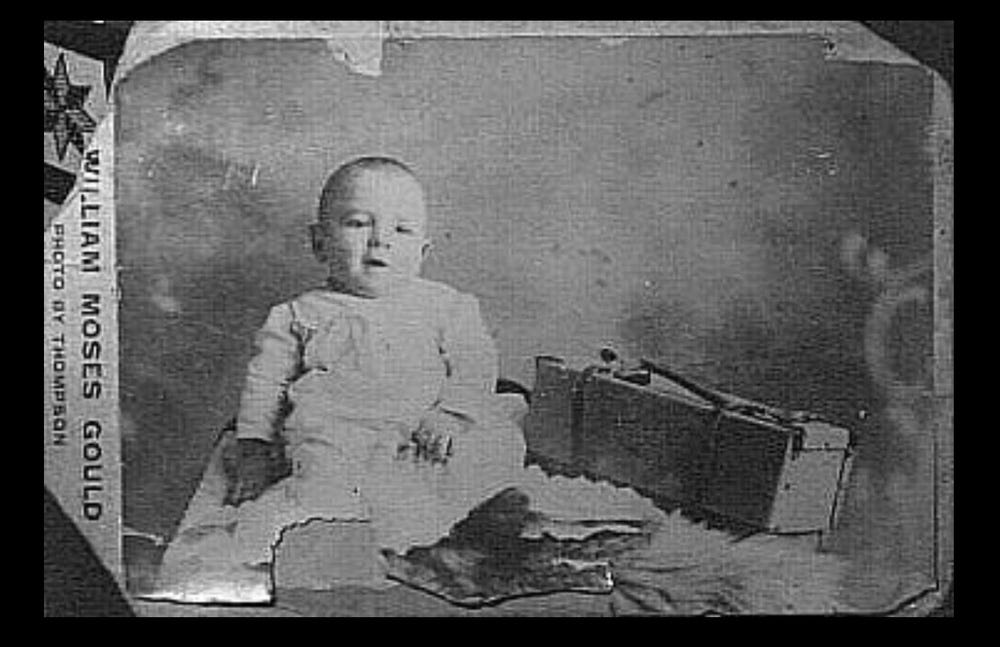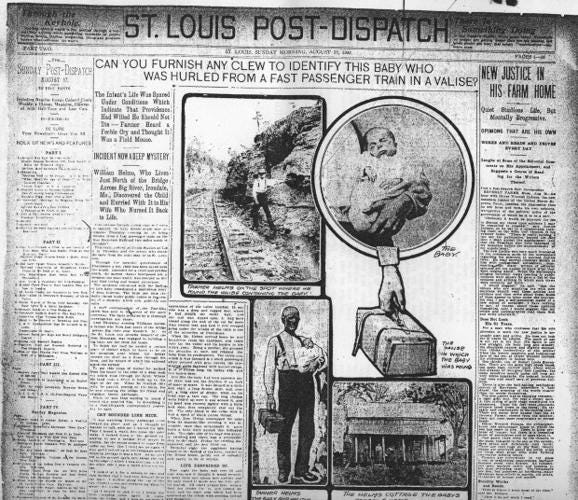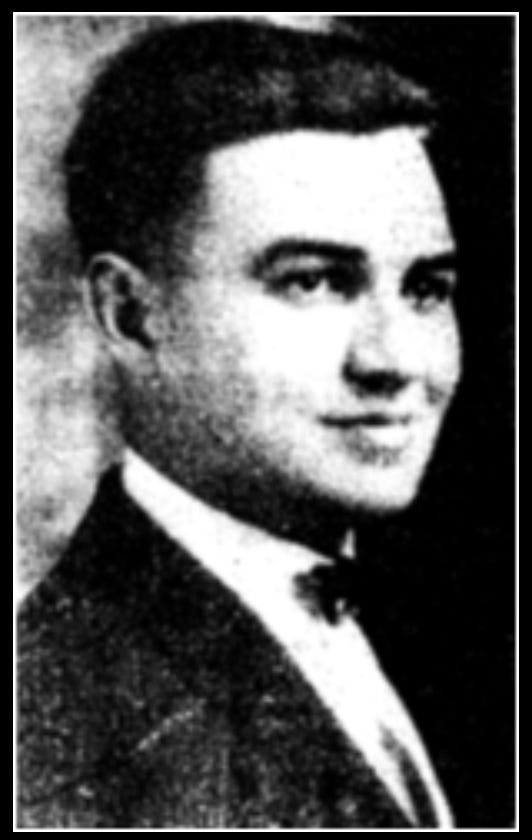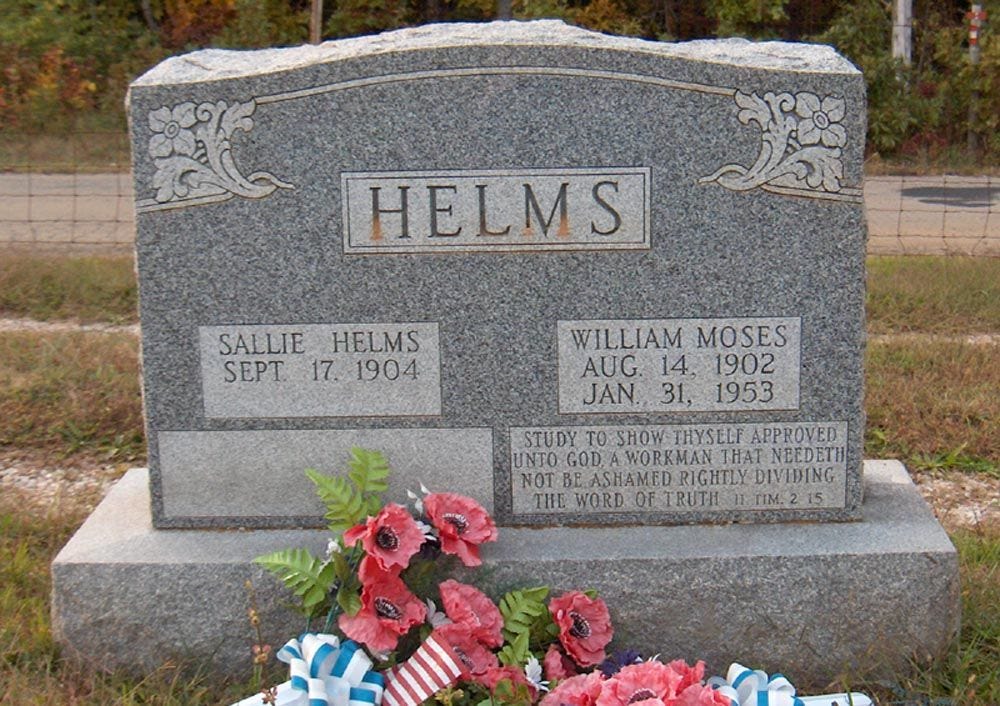The Flood is honored and thrilled to be invited by Mike Murdock and Nora Ankrom to be part of their Alchemy Theater’s new production of the musical, Bright Star. This evening is opening night!
The show runs for the next two weekends, July 7-9, 14-16 at Huntington’s new Geneva Kent Center for the Arts at 68 Holley Ave. Doors open at 7 p.m. each evening. In addition, there is one matinee performance at 2 p.m. on Sunday, July 9.
Besides joining the wonderful Mark Smith and John Kinley in the house band, we’ll also be playing a little pre-show Flood set before each performance. That starts at about 7 each night.
Because railroads play a big part in the play’s story line, we’ll offer a traditional train song or two in our set, like this Huddle Ledbetter classic. For the backstory on Lead Belly’s great old tune, see our earlier Flood Watch article:
Midnight Special
Listen now (5 min) | One of America’s greatest train song was first recorded by a cowboy band, a bunch of real Oklahoma wranglers who were not only good musicians, but also, as one of their earliest backers said, could “ride or rope anything that has horns, hide or hair.”
All About “Bright Star”
Bright Star — which opened on Broadway in the winter of 2016 after being workshopped three years earlier by New York Stage and Film at the Powerhouse Theater at Vassar College — was written and composed by Steve Martin and Edie Brickell.
The story is set in the Blue Ridge Mountains of North Carolina in 1945–46 with flashbacks to 1923. It opens with literary editor Alice Murphy meeting a soldier just home from World War II; something about the young man awakens Alice’s longing for the child she lost many years earlier.
Haunted by their unique connection, Alice sets out on a journey to understand her past. What she finds has the power to transform lives throughout the community.
At its debut, Bright Star received high praise from critics. Charles Isherwood of The New York Times, for instance, called it a “shining achievement.”
He added, “The complicated plot, divided between two love stories that turn out to have an unusual connection, threatens to get a little too diffuse and unravel like a ball of yarn rolling off a knitter’s lap. But the songs … provide a buoyancy that keeps the momentum from stalling.”
Spoiler Alert: The True Story
As Alchemy Theater’s posters for the show observe, Bright Star was inspired by a true story, and we’re prepared to tell you that story. However, you might not want to know these details before you see the show.
So — flash! — this is your spoiler alert: If you want the story to unfold on stage, stop reading right now. After you’ve seen the play for yourself, you can always come back here to read the rest of the story.
That story begins on an August evening in 1902 near the town of Irondale, Missouri, when a 67-year-old farmer named William Helms was walking along the railroad tracks gathering lumber for a barn he wanted to build.
Along the way, he watched the No. 4 engine of the Iron Mountain Railroad cross the Big River bridge on its run to St. Louis. Just then he heard a strange sound. Following it, Helms found a suitcase on a sandbar sticking out of the river. Inside he discovered a 5-day-old baby.
Having fallen 50 feet, the child was badly bruised with a pronounced dent in his head. Helms took the baby home to his wife, Sarah Jane, and together they nursed him back to health.
The suitcase also contained an extra set of clothing and some black thread, but nothing to identify the child. Although the Helms were up in years and had already raised a family, the couple decided to keep the infant.
They gave him a name that was as long as his tumble from that train: William Moses Gould Helms. (“William” after his new foster father, "Gould” for Jay Gould, the owner of the railroad, and "Moses," because the boy was found at the water's edge like the biblical baby.)
The story of the "Iron Mountain Baby" ran in St. Louis newspapers and spread across the country that summer and fall. Many came to see the baby and some offered to adopt him. At least one lady came, dressed in black, and claimed the child was hers.
From Newspapers to Folk Song
The story might have ended there, but in early 1903 a preacher named Rev. J.T. Barton wrote a ballad called "The Iron Mountain Baby,” setting it to a traditional tune ("The Blind Child's Prayer").
Barton’s song mistakes certain key details — like the number of the train, even the names of the principals — but it became very popular in its day:
I have a song I'd like to sing
It's awful but it's true
About a baby, thrown from a train
By a woman, I know not who.
Th' train was running at full speed
T'was northbound number nine
An' as it crossed th' river's bridge
She cast it from the door.
A Mother unkind, a Father untrue
And yet, I'm bound to say
It must have grieved that Mother's heart
To cast her baby away.
The leaves in which this baby was found
Was fourteen inches long
Five inches wide, six inches deep
An', O, so closely bound.
It was Bill Williams who found this babe
He heard its helpless cry
He took it to his loving wife;
She would not let it die.
She bathed and washed its little head
An' soon, it hushed its cry
God bless them both while they live
God bless them when they die.
We'll name him William Roscoe
Because he has no name
Then, if he grows to be a man
He'll wear it just th' same.
This ends my song, my story I've told
I'll say, goodbye to all
Until we meet around the throne
In that bright world above all.
The Record
In the late 1940s, the story reached yet another new audience, this time when Missouri-based country music star Johnny Rion recorded Barton’s song.
And the real Iron Mountain baby was still alive to hear the song on the air, though it is said that William Helms never really enjoyed his peculiar fame.
More Re-Tellings
Nonetheless, his story simply wouldn’t die.
In 2007, Evault Boswell of Greenville, Texas, published a novel, The Iron Mountain Baby, which imagines a young William going to St. Louis to track down his real mother. There he finds intrigue and dishonesty in high places, and, of course, romance.
Meanwhile, Steve Martin and Edie Brickell visited the story even before they wrote Bright Star. It was the subject of "Sarah Jane and the Iron Mountain Baby," from their 2013 album, Love Has Come for You.
Baby Bill’s Life
After the death of his foster father, William Moses Gould Helms moved with his adoptive mother to Salem, Missouri.
He attended Southwest Missouri State Teachers College (his education paid for by the St. Louis Iron Mountain & Southern Railway). He became a printer and sometimes-newspaper editor. In the 1930s, William and his new wife, Sally, moved to Texas, where he lived until his death in 1953.
When the body was carried by rail back to Missouri for burial, it was only the second time that William ever rode a train.





























Share this post